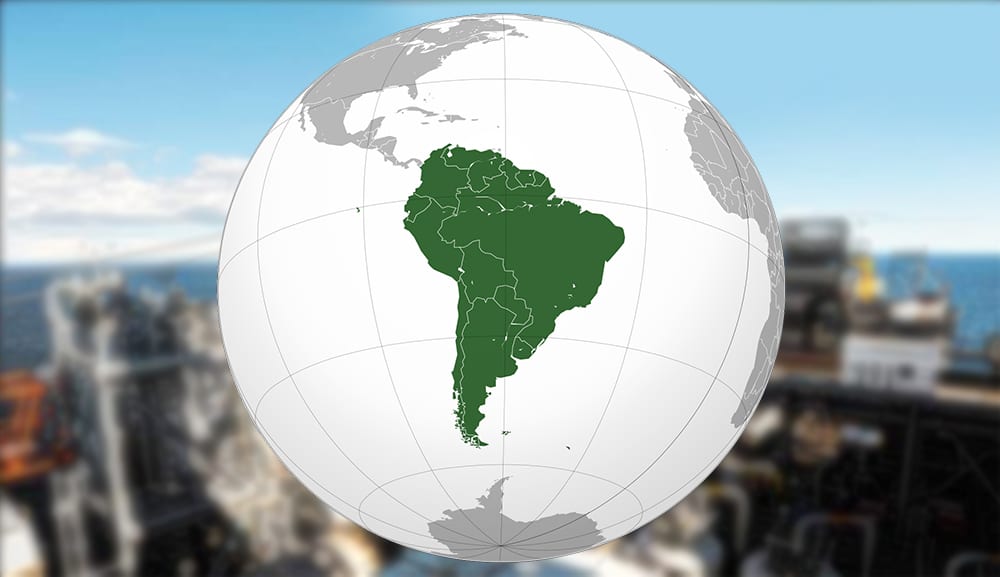Developing countries are continuing to focus on commercializing their oil and gas resources so that the much-needed revenues can be used to expand their economies and improve the standard of living for their people.
GlobalData said on December 3 that the government of Ecuador plans on attracting $19 billion of investment into its oil and gas sector at a time where the industry is trending on shedding non-core assets and transitioning towards renewable and low-carbon projects. The data and analytics company noted that the government may struggle to get bidders for its upstream plans, which include three bidding rounds for exploration and exploitation activities.
“The Ecuadorean government’s plan to bring $19 billion in investment is occurring when oil and gas companies are diversifying their portfolios. Upstream investment, which accounts for $9.86 billion of the total, is 5.85 times higher than 2021’s development and production (D&P) capex and roughly equal to D&P capex spent between 2010 – 2021,” said Effuah Alleyne, Senior Upstream Oil & Gas Analyst at GlobalData.
Alleyne said it makes sense that the government seeks its economic boost through an established industry – Ecuador is the fourth largest crude oil producer in South America – however despite some governments commitment to a cleaner energy, it remains that there is a reliance on traditional sources including oil, gas and coal presenting as the main drivers for economic growth and power generation.
With international oil firms focusing on core markets and moving towards low-carbon solutions, Ecuador’s government will likely struggle to gain enough competitive bidders to participate in bid rounds, and any that do bid may not have the requisite experience to reduce operating costs while increasing productivity. With the country’s current production below 500mbd – and a goal of 1,000mbd – GlobalData said it will certainly be a challenge that requires committed investors.
“The expected boost in crude production is welcome as it will support current crude export revenues, as well as provide funds to develop domestic power generation from natural gas as the country moves to less expensive, low-carbon alternatives in support of domestic needs,” Alleyne said.
GlobalData said in conjunction with access to key resources, the government also intends to increase its business appeal by reviewing hydrocarbon laws, renegotiating existing service contracts for more agreeable terms and continuing production sharing agreements.
All this comes at a time when other governments in the region are also looking to fast-track development of their oil and gas resources, cognizant of the global shift towards renewables.
Trinidad and Tobago recently announced a 17-block bid round and Suriname just months ago wrapped up theirs. The Surinamese government is looking to move ahead with development of deepwater fields discovered by international oil companies and hopes to hit first oil by 2025.
Meanwhile, Guyana is moving rapidly ahead with developing vast oil fields discovered by ExxonMobil since 2015, with one already in production, a second set to come on stream in 2022, and a third in 2024. The fourth and largest so far is targeting startup in 2025. Exxon expects around 10 FPSOs will be used to develop the more than 10 billion barrels of oil equivalent resources it has found offshore the country.
Interestingly, analysts have said Guyana’s competitive fiscal regime for its vast offshore oil blocks, which some argue is too favouable to oil companies, has actually played a key role in attacting major investments in the new deepwater province. Other countries, such as Equador, are relooking at amending their own terms, as competition heats up in the Latin America and Caribbean region.



